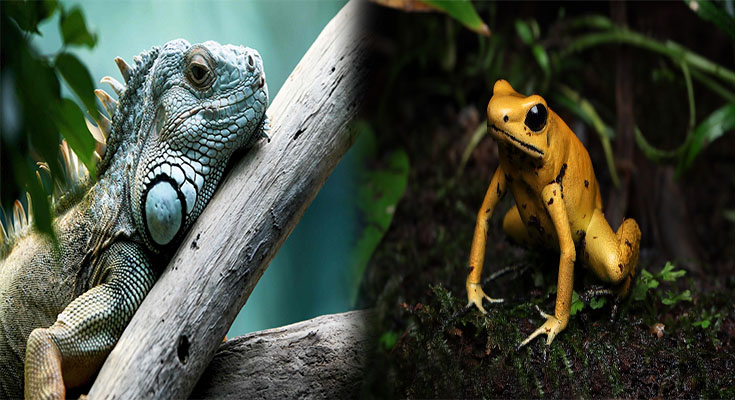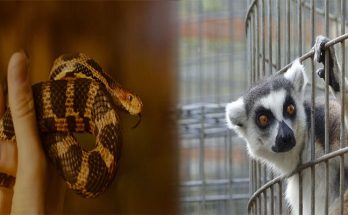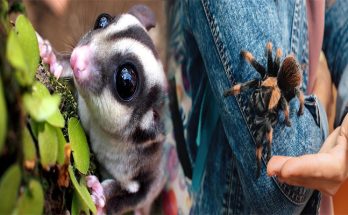Exotic pets bring a sense of wonder and uniqueness to our lives, but caring for them comes with specific challenges and responsibilities. Two key aspects of exotic pet care are creating a suitable habitat and providing a proper diet to ensure their health and well-being. Here are some essential tips on how to care for exotic pets in terms of their habitat and diet:
Creating a Suitable Habitat:
- Research the Species: Before bringing an exotic pet home, thoroughly research the species to understand their natural habitat and requirements. This will help you create an environment that closely mimics their natural surroundings and supports their well-being.
- Size and Space: Ensure that the habitat you provide is spacious enough for your exotic pet to move around comfortably. Consider factors such as climbing structures, hiding spots, and appropriate substrate to accommodate their natural behaviors.
- Temperature and Lighting: Maintain the ideal temperature and lighting conditions for your exotic pet, as these factors can directly impact their health. Use heat lamps, UVB bulbs, or heating pads to create a suitable environment that meets their specific needs.
- Humidity and Ventilation: Some exotic pets, such as reptiles and amphibians, require specific humidity levels to thrive. Invest in a reliable hygrometer to monitor humidity and ensure proper ventilation to prevent mold and respiratory issues.
- Cleanliness and Maintenance: Regularly clean and disinfect your exotic pet’s habitat to prevent the buildup of harmful bacteria. Remove waste, uneaten food, and soiled substrate promptly to maintain a hygienic environment for your pet.
Providing a Proper Diet:
- Species-Specific Diet: Different exotic pets have unique dietary requirements based on their species and natural diet. Research and provide a well-balanced diet that meets their nutritional needs, including proteins, fats, vitamins, and minerals.
- Fresh Water: Access to clean, fresh water is essential for all exotic pets. Ensure that water dishes are cleaned and refilled regularly to prevent dehydration and promote hydration.
- Variety and Supplements: Offer a variety of foods to ensure your exotic pet receives a balanced diet. Some species may require additional supplements, such as calcium or vitamins, to prevent nutritional deficiencies.
- Feeding Schedule: Establish a consistent feeding schedule based on your exotic pet’s dietary needs and feeding preferences. Some species may require daily feedings, while others may have specific feeding intervals.
- Monitor Food Intake: Keep track of your exotic pet’s food intake and monitor their weight regularly. Sudden changes in appetite, weight loss, or weight gain could indicate underlying health issues that require veterinary attention.
By following these habitat and diet essentials, you can provide a safe and nurturing environment for your exotic pet and ensure they receive the proper nutrition to thrive. Remember that each species has unique requirements, so tailor your care approach to meet the specific needs of your exotic companion. Prioritize their well-being by investing time and effort into creating a suitable habitat and providing a balanced diet to promote a happy and healthy life for your exotic pet.





